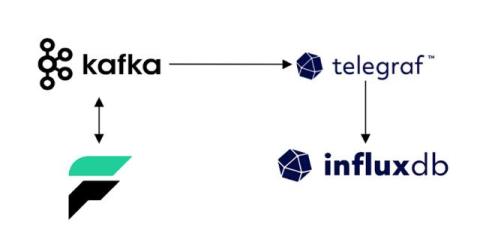KubeCon NA 2024: Service Discovery, Security, and AI-Oh My!
Though KubeCon North America 2024 has officially come to a close, the CNCF's flagship event has left us buzzing with residual excitement. After all, waving goodbye to a crowd of 9,200+ attendees is never easy—especially with Salt Lake City's snow-capped mountains towering impressively in the background. However, it was our conversations with HAProxy booth visitors that truly stole the show.











